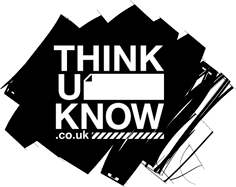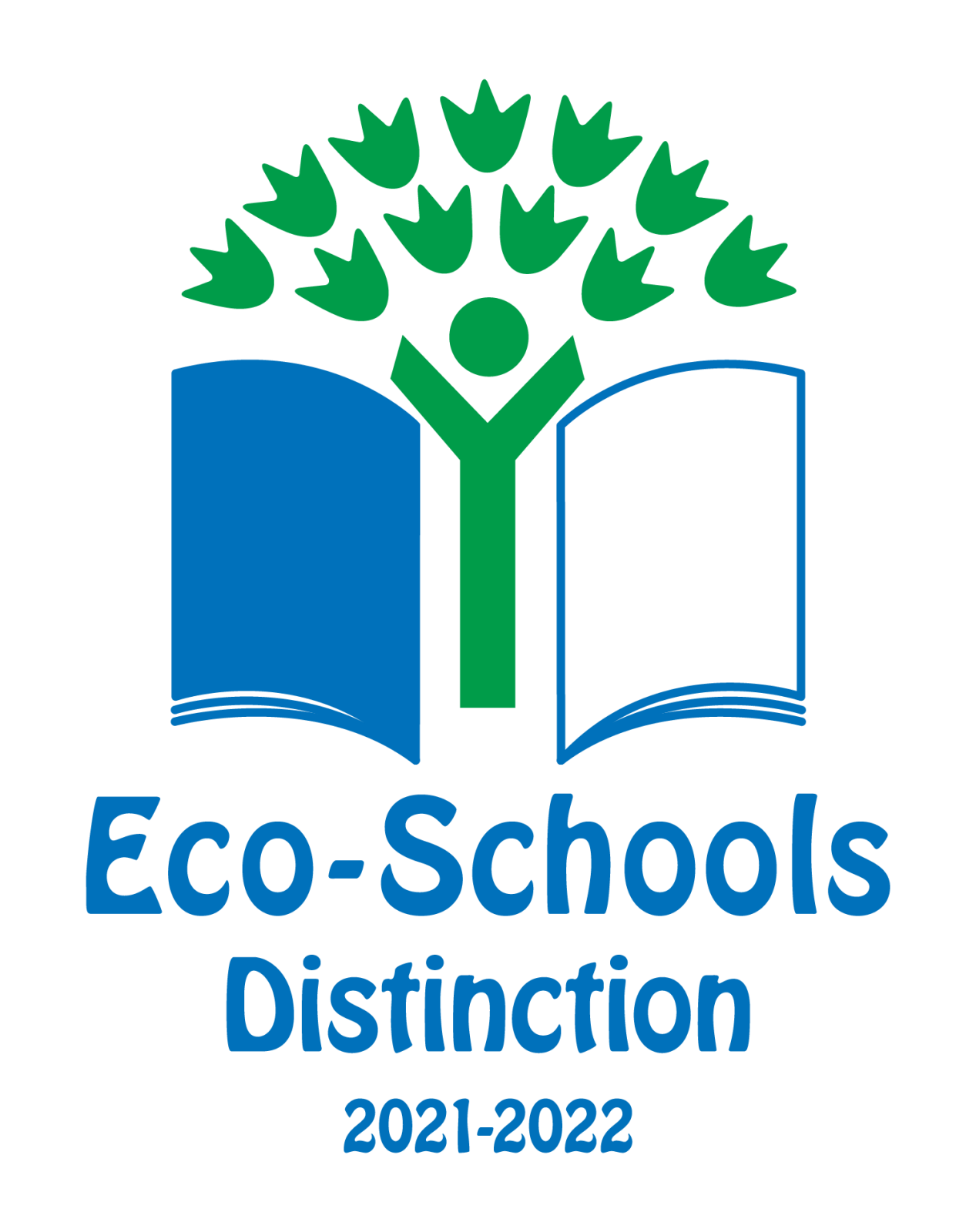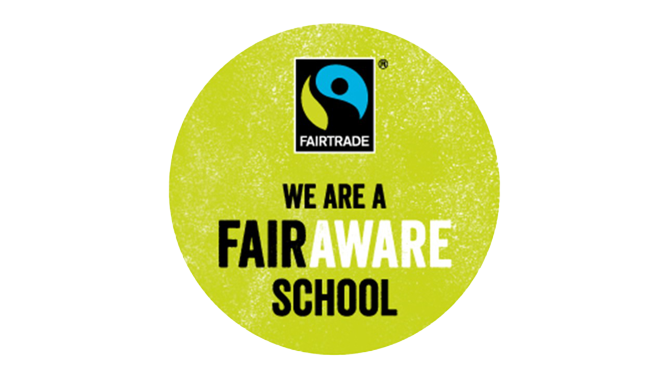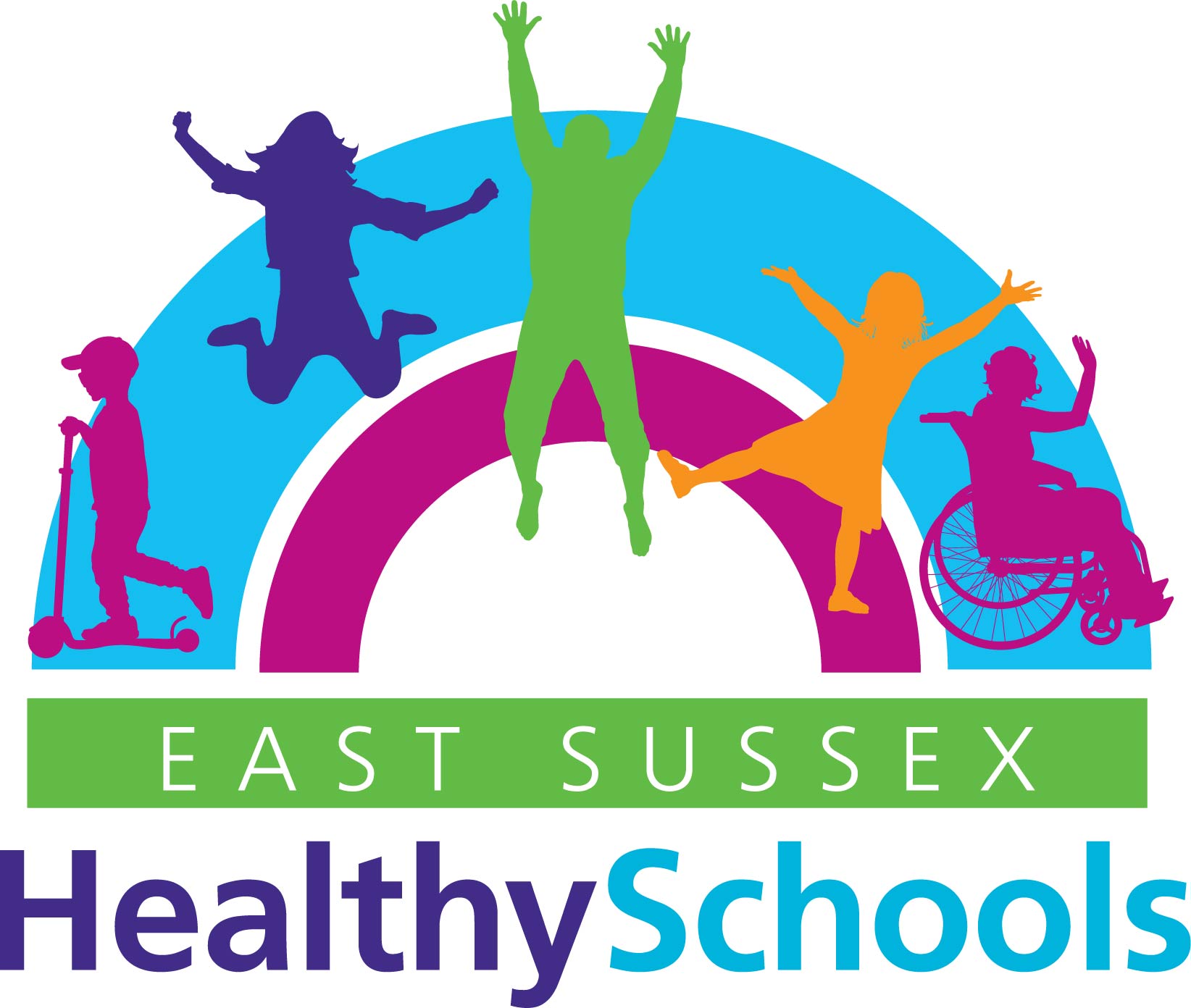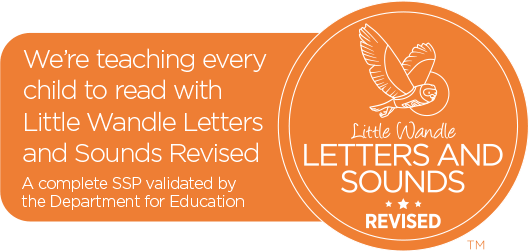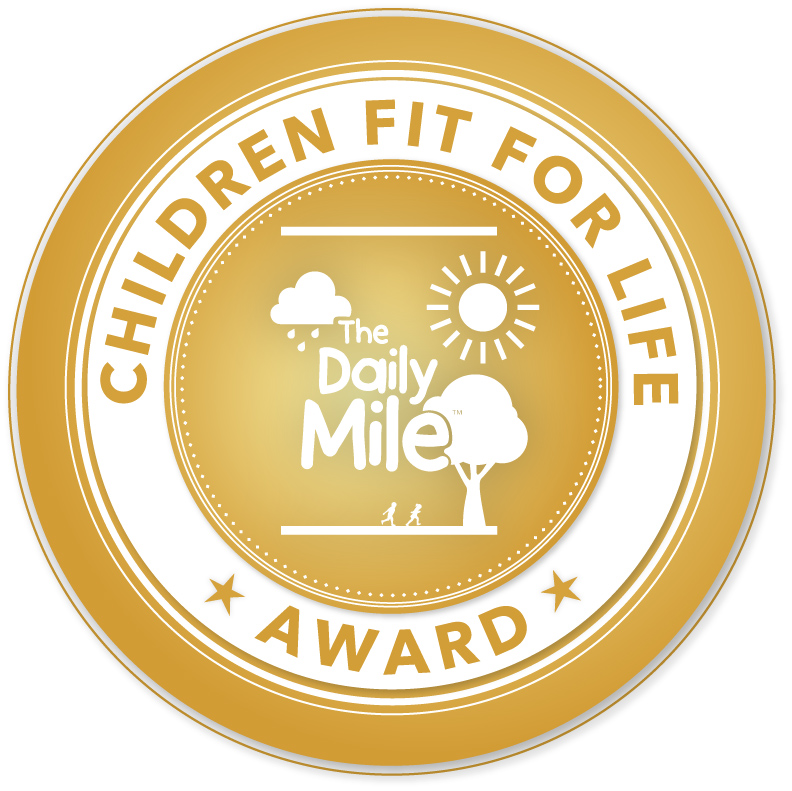'Pupils learn about fundamental British values such as the rule of law
and democracy . They also have a strong knowledge of different faiths and cultures. Pupil
voice is important to leaders. The student parliament meet to discuss improvement areas
for the school. Its most recent achievements have been organising a whole school
marathon to raise funds for a new part of the playground.' Ofsted July 2023
British Values
Our children learn about British Values;
- democracy;
- the rule of law;
- individual liberty;
- mutual respect for and tolerance of those with different faiths and beliefs and for those without faith.
We encourage children to have a voice in the rules we have in school through a School Parliament with representatives from every class from Year 2 to Year 6. Class meetings are held every 3 weeks whereby children will discuss and vote on current issues within our school.
Queen's Platinum Jubilee 2022
For the Queen's Platinum Jubilee in May 2022, we had plenty of celebrations and activities at school. One of these included the design and creation of a Time Tunnel, highlighting the 7 decades of the Queen's reign through our children's art and design.
Please see below a video of the final time tunnel and excellent work and effort that went into this celebration:
SMSC
We highly value the spiritual, moral, social and cultural (SMSC) development of our children
What is SMSC?
It is the Spiritual, Moral, Social and Cultural development of the children in our school. SMSC is an integral part of a child’s education. It helps them to develop into aspirational, respectful individuals who will be prepared to live full active lives in their communities, as adults.
SMSC at Cradle Hill is a golden thread throughout the school which underpins all curriculum subjects and feeds into all aspects of school life. This is not a separate subject that is taught explicitly but an aspect of learning that is present around our school; evident in lessons and behaviour in school. It is the over-arching umbrella that encompasses our children’s personal development. We all have a duty to shape the character, values, attitude and overall development of the next generation. At Cradle Hill, we offer thoughtful and wide-ranging opportunities and experiences to develop our children’s spiritual, moral, social and cultural development. This subject contributes significantly to our aim of developing the whole pupil. It is evidenced within children’s books, through pupil voice, within their learning and lessons and through our wide range of additional curriculum opportunities. Some lessons lend themselves more easily to direct SMSC development such as PSHE and RE. We also aim to develop SMSC through assemblies, behaviour expectations and our attitudes in school.
Spiritual Development
Pupils’ spiritual development is shown by their:
- Beliefs, religious or otherwise, which inform their perspective on life and their interest in and respect for different people’s feelings & values
- Sense of enjoyment and fascination in learning about themselves, others, and the world around them, including the intangible
- Use of imagination and creativity in their learning
- Willingness to reflect on their experiences
How do we expand our children’s spiritual development?
We have developed an ethos in which all of our children can grow and flourish, respect others and be respected: accommodating difference and respecting the integrity of individuals.
Opportunities to enrich our children’s spiritual development include:
- Awe and wonder activities within topics
- Connection and belonging
- Encouraging self-awareness
- Assemblies
- Encouraging imagination – this is one of our core values
- Deep feelings of what is felt to be ultimately important
- A sense of security, well-being, worth and purposefulness
- Recognising and celebrating cultural and religious celebrations- Christmas, Holi festival, Remembrance, Harvest, Chinese New Year
- Fostering a 'growth mindset'
- Supporting charities and helping in our community, e.g. litter picking, singing at local residential homes, making biscuits for the dementia cafe
These can occur during any part of the school day, e.g. when listening to music, discussing the care needed for animals, exercising empathy or creativity, how we live, contemplating the future, etc.
Moral Development
Pupils’ moral development is shown by their:
- Ability to recognise the difference between right and wrong, and their readiness to apply this understanding in their own lives
- Understanding of the consequences of their actions
- Interest in investigating, and offering reasoned views about, moral and ethical issues
How do we enrich our children’s moral development?
At Cradle Hill we believe that a morally aware pupil will develop a wide range of skills. These can include the following:
- Distinguish right from wrong, based on knowledge of the moral codes of their own and other cultures
- Develop an ability to think through the consequences of their own and others’ actions
- Have an ability to make responsible and reasoned judgements
- Ensure a commitment to personal values and our school values
- Have respect for others’ needs, interests and feelings, as well as their own
- Develop a desire to explore their own and others’ views, and an understanding of the need to review and re-assess their values, codes, and principles in the light of experience
Our school develops pupil morality by:
- Providing four clear rules (be kind, be safe, be healthy, be honest) as a basis for behaviour which is promoted consistently through all aspects of the school
- Classes constructing their own class charters and revisiting these throughout the year
- Promoting racial, religious and other forms of equality
- Giving pupils opportunities across the curriculum to explore and develop moral concepts and values – for example, though our curriculum children will investigate reasoned views on climate change, refugees, women’s rights, WW2, etc.
- Developing an open and safe learning environment in which pupils can express their views and practice moral decision making
- Rewarding expressions of moral insights and good behaviour
- Recognising and respecting the codes and morals of the different cultures represented in the school and wider community
- Encouraging pupils to take responsibility for their actions, for example, respect for property, care of the environment, and developing codes of behaviour, providing models of moral virtue through literature, humanities, sciences, arts and assemblies; reinforcing the school’s values through images, posters, classroom displays etc.
Teachers always discuss rules with their classes for the classroom based on the values held by the school. We teach the children to be aware of their own actions, take responsibility for their own bodies and encourage independence. We will help the children to identify their feelings and think these through so that they are expressed in behaviour that is socially acceptable. This is done through whole school and class-based assemblies, circle time, Social Skills groups and PSHE/Circle Time sessions. We endeavour to raise their self-esteem through praise, stickers, certificates and other means that highlight both academic and social achievements.
Social Development
Pupils’ social development is shown by their:
- Use of a range of social skills in different contexts, including working and socialising with pupils from different religious, ethnic and socio-economic backgrounds
- Willingness to participate in a variety of social settings, cooperating well with others and being able to resolve conflicts effectively
- Interest in, and understanding of, the way communities and societies function at a variety of levels
How do we encourage pupils’ social development?
- Fostering a sense of community, with common, inclusive values
- Hosting curriculum afternoons, where children will take part in activities with different teachers and pupils across the school
- Promoting racial, religious and other forms of equality
- Encouraging pupils to work cooperatively
- Encouraging pupils to recognise and respect social differences and similarities
- Providing positive experiences to reinforce our values as a school community – for example, through assemblies, residential experiences, workshops, school productions
- Helping pupils develop personal qualities which are valued in a civilised society, for example, thoughtfulness, honesty, respect for difference, moral principles, independence, interdependence, self-respect and an awareness of others’ needs
- Providing opportunities for engaging in the democratic process and participating in community life. For example, voting for School parliament, house captains and anti-bullying ambassadors.
- Ensuring pupils know, understand and exercise their rights and personal freedoms and how they can exercise these safely, for example though online safety lessons.
- Visits from authorities such as the Police; Fire service; Paramedics etc are regular parts f our calendar.
- Providing opportunities for pupils to exercise leadership and responsibility (play leaders, anti-bullying ambassadors, school parliament, eco-warriors, reading champions)
- Providing positive and effective links with the world of work and the wider community
Cultural Development
Pupils’ cultural development is shown by their:
- Understanding and appreciation of the wide range of cultural influences that have shaped their own heritage
- Willingness to participate in, and respond to, for example, artistic, musical, sporting, mathematical, technological, scientific and cultural opportunities
- Interest in exploring, understanding of, and respect for cultural diversity and the extent to which they understand, accept, respect and celebrate diversity, as shown by their attitudes towards different religious, ethnic and socio-economic groups in the local, national and global communities.
How do we influence our children’s cultural development?
Children should be made aware of the diversity of other cultures both within modern Britain and throughout the world. This is done through music, PE, art and many other curriculum areas. Children explore important events and history in Britain such as the anniversary of World Wars, annual Remembrance Day activities and the lives of significant historical figures. They also have strong links with Parliament and democracy throughout the school, through having our own school parliament and smart school council meetings which empowers pupils to make a difference in our school.
We stimulate our children’s cultural development by:
- Cultural visits, for example, visits to Fishbourne Roman Palace and Newhaven Fort.
- Exploring social structure, monarchy and hierarchy through our History curriculum
- Drawing on the cultures of our families and communities
- Encouraging them to think about special events in life and how they are celebrated
- Recognising and nurturing particular gifts and talents; providing opportunities for pupils to participate in literature, drama, music, art, crafts and other cultural events and encouraging pupils to reflect on their significance. For example, Young voices, Artist workshops, spots tournaments, stargazing events.
- Reinforcing the school’s cultural links through displays, posters, exhibitions, etc. As well as developing partnerships with outside agencies and individuals to extend pupils’ cultural awareness, for example, theatre, museum and gallery visits
As well as developing and promoting the SMSC values, we also promote the following fundamental British values: Democracy, Rule of Law, Individual liberty, Mutual respect and Tolerance of those with different faiths and beliefs.




